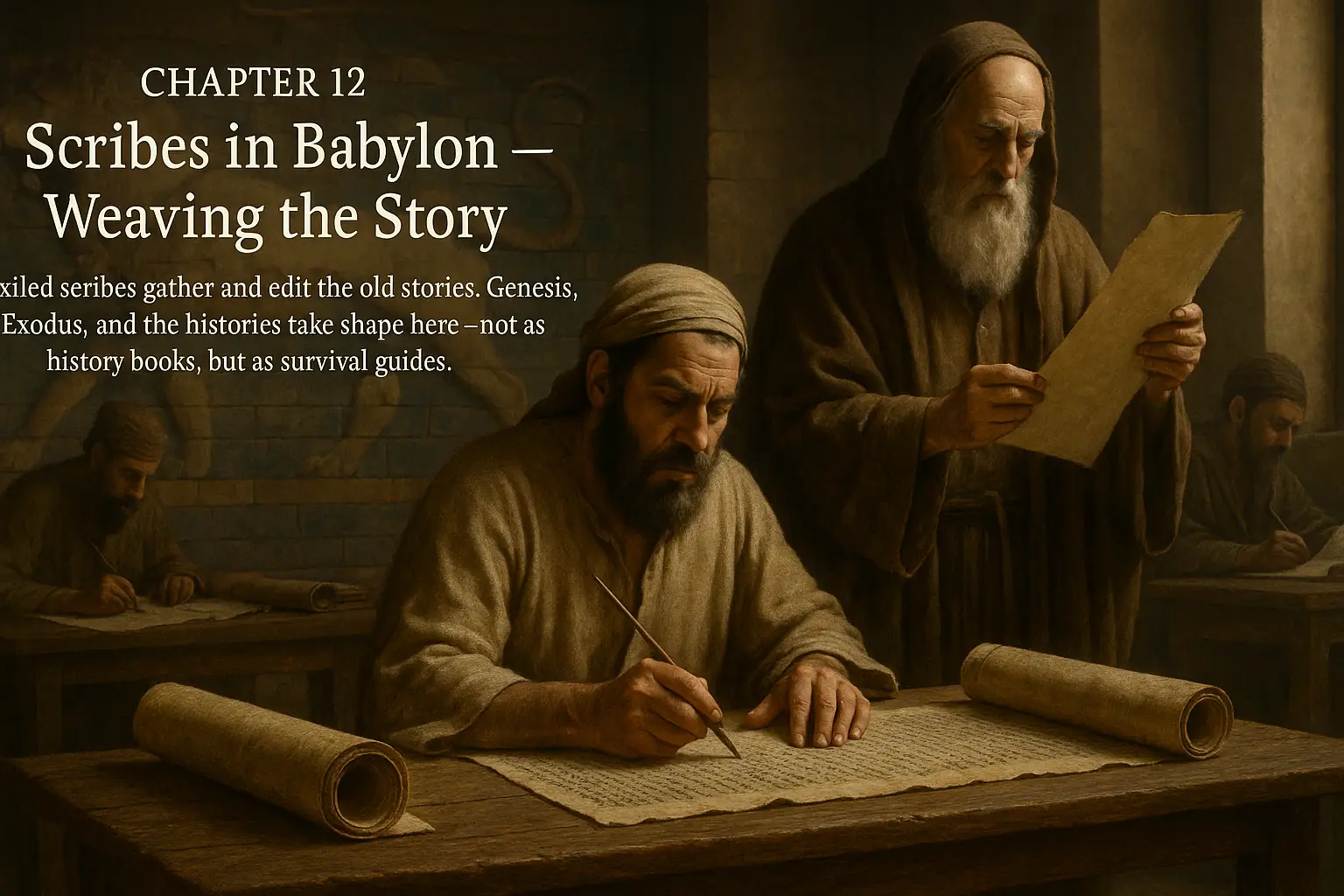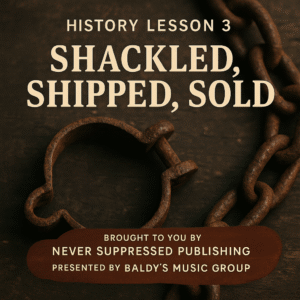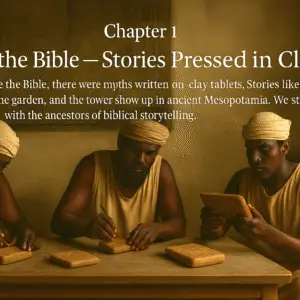Chapter 12: Scribes in Babylon — Manufacturing Scripture explores what happened when the kingdom fell and only words remained.
In 586 BCE, Jerusalem was burned, the Temple destroyed, and its leaders exiled to Babylon. Without land or power, survival meant reinvention—and scribes led the charge.
These were not prophets. They were bureaucrats-turned-theologians. With stylus in hand, they did what priests and kings never could: they rewrote the past to protect the future.
This chapter lays bare how exile reshaped belief:
-
Myths were borrowed, edited, and renamed
-
Contradictions were kept intact to satisfy rival traditions
-
The covenant became a tool for national guilt and priestly control
This wasn’t divine download. It was crisis theology, crafted to justify collapse, rebuild hierarchy, and maintain identity through story.
Scribes blamed the people, not the leadership. They presented war losses as punishments for sin. And they framed exile as a deserved consequence, not failed diplomacy.
What emerges isn’t revelation—it’s a sacred cover story, built from fragments, fear, and political instinct.






Reviews
There are no reviews yet.